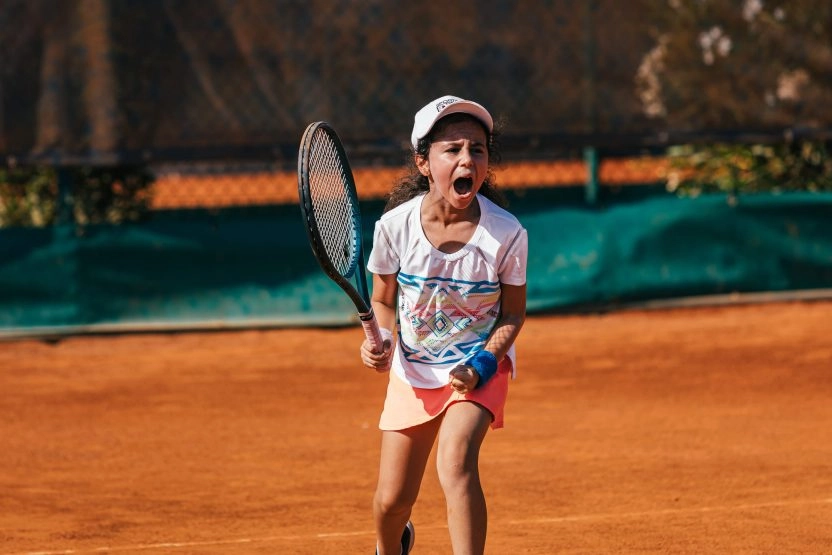1. Mental imagery
Mental imagery is a powerful method used by many athletes to prepare for competition or training situations. It involves mentally visualising actions or situations before performing them on court. By visualising successful shots, athletes condition their body and mind to react in the best possible way. This technique also helps them to project themselves into key moments of the match, anticipate stressful situations and react better to the unexpected.












